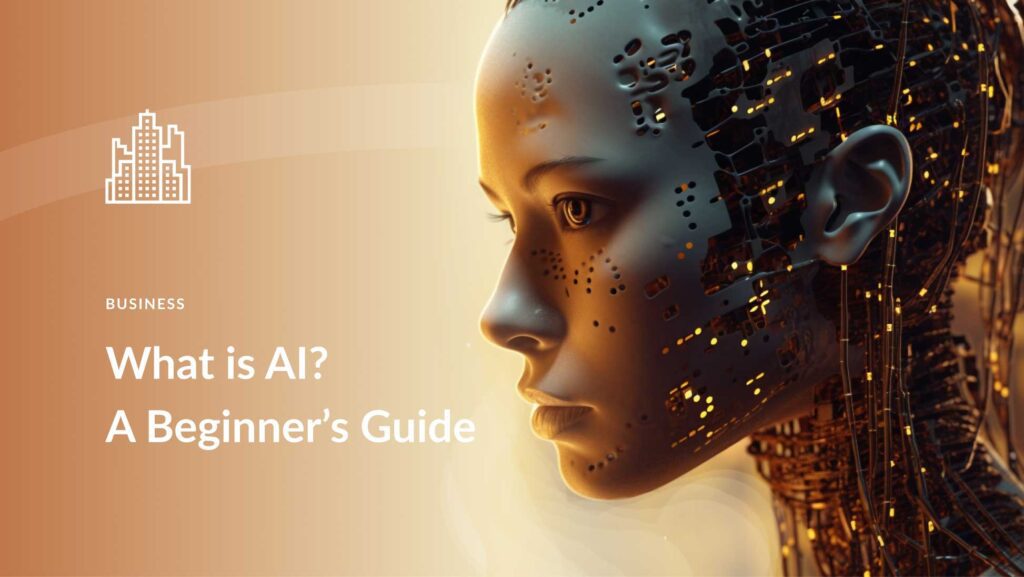Artificial Intelligence (AI) refers to machines programmed to think and act like humans. Recent advancements have made AI systems more sophisticated, performing a wide range of cognitive tasks. There are two main types of AI: Narrow (specific tasks) and General (performing any intellectual task). AI has numerous benefits, from increasing productivity to driving innovation. Challenges include job displacement and ethical concerns. As AI evolves, advancements will continue in fields like self-driving cars and personalized medicine. Ethical considerations and regulations are important as AI becomes more integrated into daily life. Understanding AI basics can help navigate its opportunities and challenges effectively.
The Rise of AI: A Guide to Understanding Artificial Intelligence
What is Artificial Intelligence?
Artificial Intelligence, or AI, refers to the simulation of human intelligence in machines that are programmed to think and act like humans. This includes the ability to learn, reason, and solve problems.
The Evolution of AI
AI has been a subject of fascination and research for decades, but it has only been in recent years that significant advancements have been made in the field. In the past, AI was limited to performing specific tasks, but now AI systems are becoming more sophisticated and are able to perform a wide range of cognitive tasks.
Types of AI
There are two main types of AI: Narrow AI and General AI. Narrow AI, also known as Weak AI, is designed to perform specific tasks, such as playing chess or recommending products on an e-commerce website. General AI, also known as Strong AI, is the goal of creating a machine that can perform any intellectual task that a human can do.
The Impact of AI
The rise of AI has the potential to revolutionize industries across the globe. From healthcare to finance to transportation, AI is being used to automate tasks, improve efficiency, and drive innovation.
Benefits of AI
AI has the potential to increase productivity, enhance decision-making, and improve customer service. It can also help businesses save time and money by automating repetitive tasks and reducing human error.
Challenges of AI
While AI offers many benefits, there are also challenges to consider. These include concerns about job displacement, data privacy, and ethical issues surrounding the use of AI in decision-making.
The Future of AI
As AI continues to evolve, it is likely that we will see even more advancements in the field. From self-driving cars to personalized medicine to virtual assistants, the possibilities for AI are endless.
Ethical Considerations
As AI becomes more integrated into our daily lives, it is important to consider the ethical implications of its use. This includes ensuring that AI is used in a way that is fair, transparent, and accountable.
Regulation and Policy
Governments and organizations around the world are beginning to develop regulations and policies to govern the use of AI. This includes guidelines on data privacy, bias in AI algorithms, and accountability for AI systems.
Conclusion
Artificial Intelligence has the potential to revolutionize industries and improve our daily lives. By understanding the basics of AI and staying informed about the latest developments in the field, we can better navigate the opportunities and challenges that AI presents.
